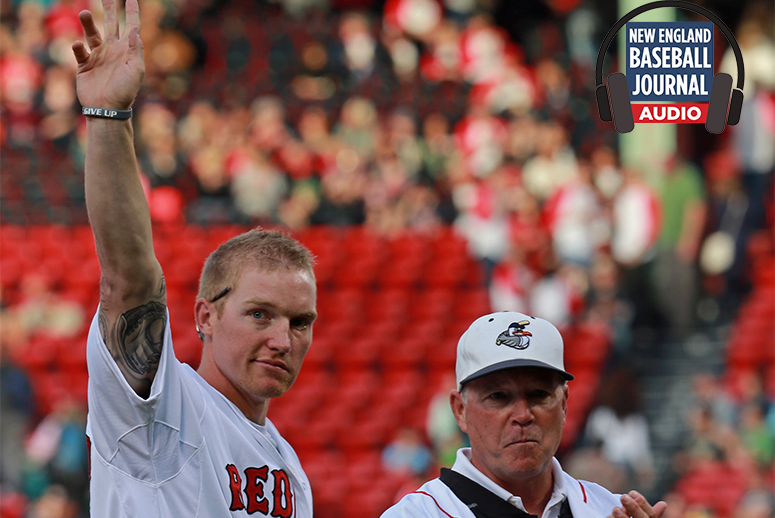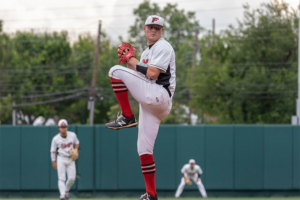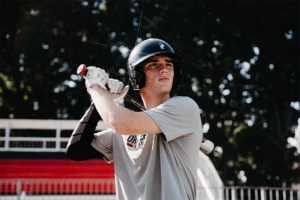
If you’re in the mood for holiday inspiration, this is the podcast for you.
Today’s guest is a former Red Sox prospect from Rhode Island — two-time brainstem surgery survivor Ryan Westmoreland, who had his dream of playing professional baseball taken away in 2010 when doctors discovered a cavernous malformation on his brain.
In the decade-plus since, Westmoreland has re-written his inspiring story by staying involved in baseball as a coach and travel ball director. He is currently the assistant coach at UMass Dartmouth as well as the program director for the Ocean State Makos.
“I was always a big believer in not only being a good athlete and player but being a good person,” Westmoreland said. “You never know who is watching or how you might impact others. I was recruited by Tim Corbin at Vanderbilt, and he told me he looked for that kind of stuff. I was a respectful, good person off the field, and he told me that meant a lot to him. A lot of people on the outside notice that type of thing.





